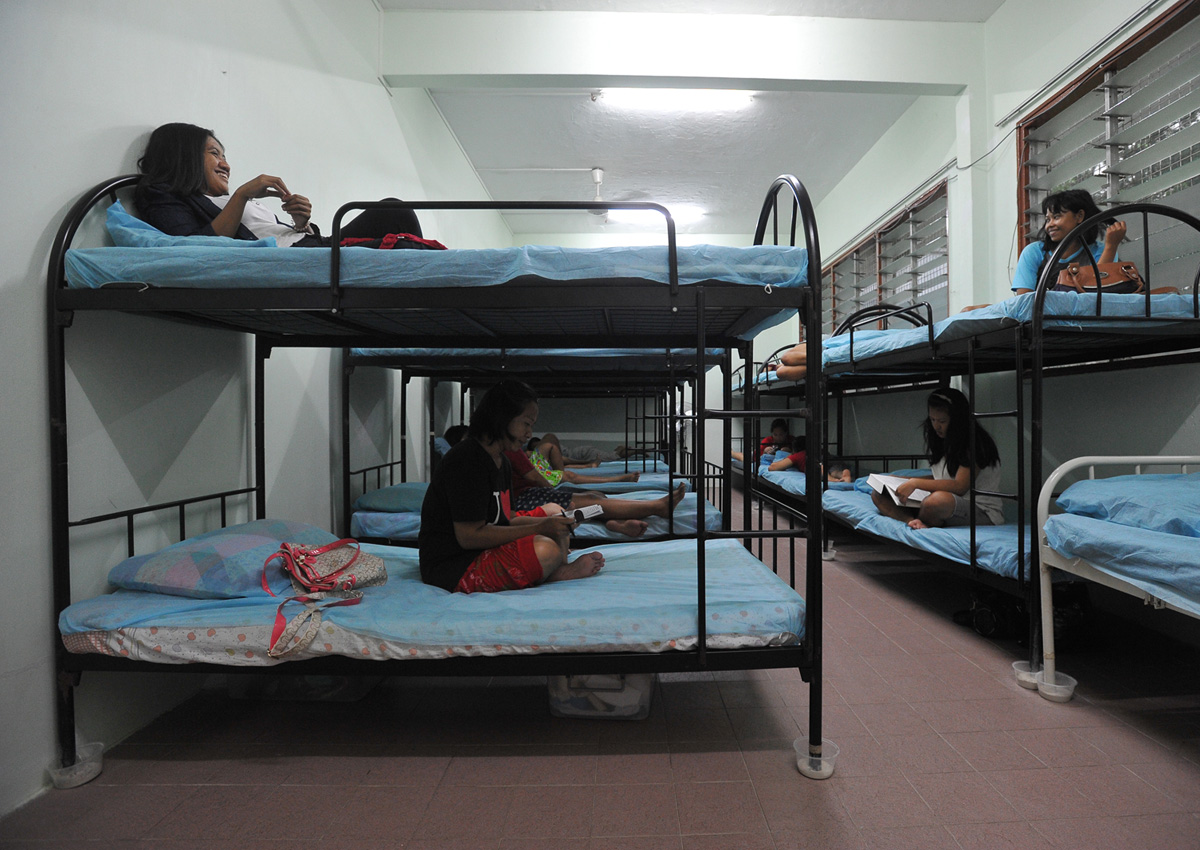Indonesia has said it loud and clear: No more new live-in maids abroad from as early as next year.
The news has raised eyebrows in Singapore, where the 125,000 Indonesian maids employed have formed an integral part of busy households.
Indonesia said it is prepared for brickbats and boycotts from receiving countries, which may look for labour supply elsewhere rather than deal with alternative housing issues and draw up fresh labour contracts. Jakarta is aware that a lot is at stake, which is why the move is being done in phases and the authorities hope for a “win-win solution” through bilateral meetings, Indonesian Manpower Ministry official Soes Hindharno told The Straits Times.
Currently, seven million Indonesians work abroad, 60 per cent of whom are maids in the Middle East and Asia-Pacific. Slowing the worker outflow could break the rice bowls of Indonesia’s poor and uneducated.
The country could also potentially lose billions of dollars in worker remittances, which the World Bank put at US$10.5 billion (S$14.5 billion) last year. That is around 1 per cent of the country’s total economic output.
Mr Soes said Indonesia wants to raise the social image of its people and better protect its workers. The government wants to send fewer but quality workers abroad and hence is training workers in specific skills such as cooking and childcare.
“We don’t want to be known as a producer of cattle-class workers forever,” he said.
If Jakarta goes ahead with its plan, it would be the only nation insisting its maids be housed separately. Labour-receiving countries then might need to harmonise their laws. In Singapore, for instance, a maid has to live at the residence of the employer.
Indonesian leaders have been talking about ending the practice of sending maids abroad since 2012, so it remains to be seen how the plan will pan out this time. Mr Soes said: “We are serious about doing this.”

This article was first published on May 20, 2016.
Get a copy of The Straits Times or go to straitstimes.com for more stories.























